A Fundraiser for Gaza Hopes to Wake Up the Coffee Industry
For 18 months, the coffee industry has remained mostly silent about the ongoing destruction of Gaza. A new fundraiser hopes to raise money—and jolt the industry awake.

A hand holds a coffee cup with latte art, resting on a folded newspaper. Via Pixabay.
As always, when I started writing this roundup I was worried about the lack of news. What will I write about, I wondered to myself.
Well, it turns out there’s always something to write about. Case in point: this week’s news.
In the first major revisions to the program since its introduction in 2000, the United States Department of Agriculture has released a broad set of updates and changes to its Organic Certification regulations.
These changes could have broad ramifications for both the specialty and conventional coffee sectors, which Daily Coffee News reports could mean “stricter oversight throughout the supply chain of certified-Organic products, including adding new compliance requirements and additional oversight for supply chain actors such as agricultural cooperatives, exporters and importers, or packaged product makers such as coffee roasters.”
“Increasingly complex organic supply chains reduce transparency and complicate traceability, yet these elements are essential to trust in the organic label,” says the Agricultural Marketing Service, the USDA agency which oversees Organic certification. “This can lead to mishandling of organic product, loss of organic integrity, and fraud. The provisions in this proposed rule are designed to address these risks.”
What the exact repercussions of these changes will mean for the coffee industry remains to be seen, but a convoluted and vaguely untrustworthy system helps nobody, so any improvement on that would be welcome.
In any other year, in any other timeline, this story wouldn’t exist. Or, at the very least, would be a footnote to some other story.
“Place holds event” is not, on its own, particularly interesting.
However, in the dumpster fire of a year that is 2020, “place holds event with actual people doing normal things together inside” is pretty momentous.
Basically, Busan in South Korea held a coffee trade show, its second trade show since the COVID-19 pandemic hit.
That’s kind of it, although it is rather jarring to be in the US and see people in countries that actually took this thing seriously just. . . sort of. . . get to go on with their lives.
Really makes you think.
Sprudge did a poll this week asking about mail delivery delays and, surprise, there were lots of reports of mail delivery delays.

A collection of mailboxes on a wooden stand. Via Unsplash.
The United States Postal Service consistently tops the list of most admired federal agencies, and its existence is literally backed up by the constitution. However, certain elements in government and beyond are trying to kill it, and have been for years.
The ongoing crisis in the USPS has a long and complicated history, one I’m not even close to being qualified to explain, so I’ll let smarter people do it for me.
It is being supercharged right now for obvious reasons. With a combative (to say the least) presidential election gearing up for the fall, one in which the role of the USPS will be central due to the pandemic and the dangers of voting in person, this crisis will continue to worsen.
Not to mention that just in general the USPS is critical for many people to receive medication and paychecks and is a crucial link between rural communities and the rest of the country.
Coffee shipments are a symptom of this, but it’s a huge issue. Things are being done to fight back, but the simplest way to help as a citizen is to pressure your representatives, and buy from small businesses who, in turn, use the USPS.
It might take a while to get to you, but hopefully it will be worth it.
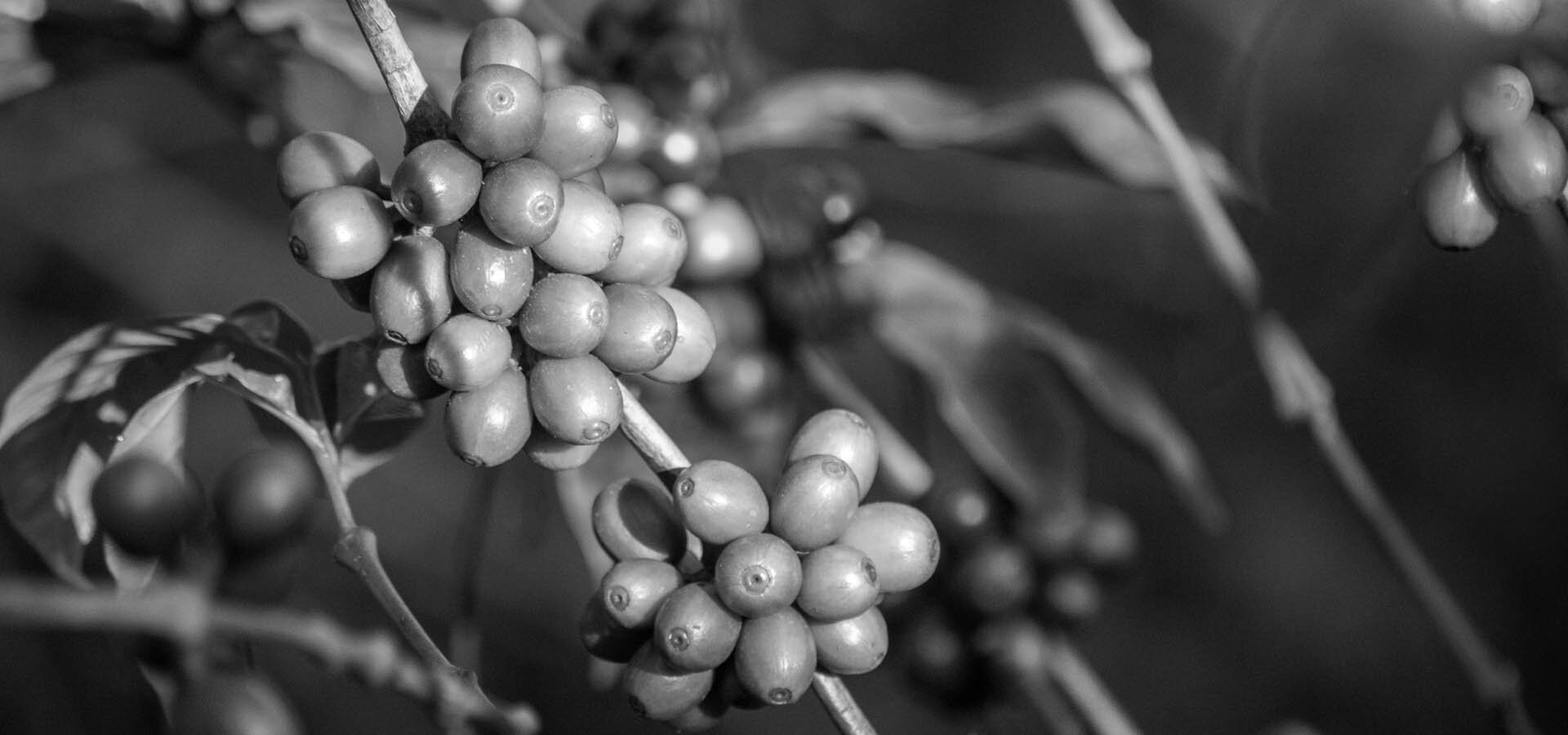
Ripening coffee cherries on a branch
Influential LGBTQIA Coffee Shop Cuties Has Closed Because of Coronavirus
Ritual Coffee reckons with race and culture
Coffee Has Been Mercilessly Dragged Around in US/EU Aerospace Trade War
Not much this week, except for the news that Atomo Coffee has received $9 million in venture capital backing for its coffee-less coffee.
Atomo is big on the sustainability aspect of their product. Their mission, according to the press release, “is to use science and technology to recreate coffee people love in a more sustainable way.”
Sprudge, on the other hand, retorts: “If it is unclear how lab-grown coffee helps solve climate change or deforestation, it is because it doesn’t. It simply removes these issues from the equation. Climate change and deforestation are still very much real and very much a threat to coffee production; making an alternative product unaffected by these issues is not solving them but ignoring them, and in particular, ignoring the human cost of further destabilizing the chain of coffee production around the world.”
Exactly.
Nothing new this week. I’m going to assume that means we’re still fine to keep drinking the stuff.

A person sits on the floor reading a book. via Unsplash
Creating COVID-Safe Spaces by Janae Easlon
The Global Coffee Crisis Is Coming by Sam Ellis
The Meditative Act Of Brewing Your Morning Coffee by me!
Until next week, drink good coffee. Wear your mask. And support the USPS.
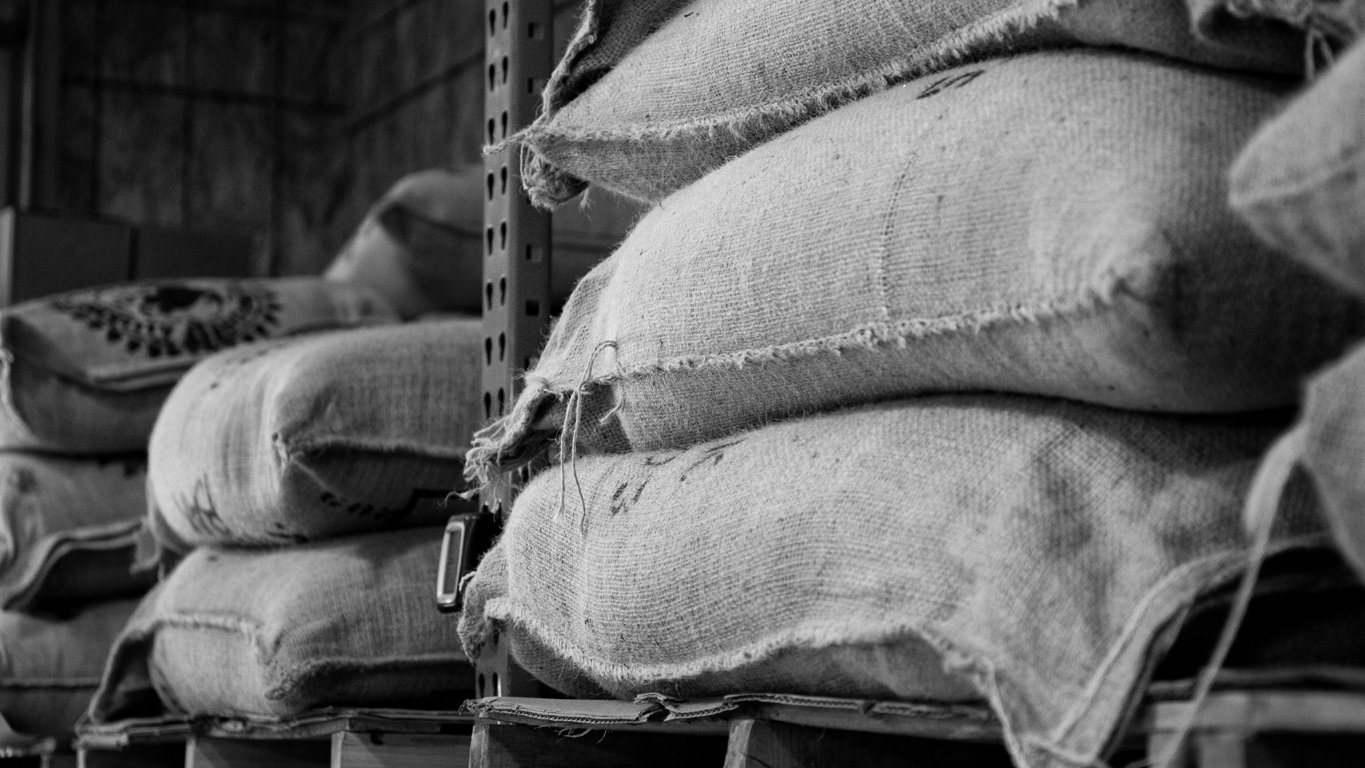
Nov 24, 2023 Connecting the Dots: Inside the 2023 Coffee Barometer Nov 24, 2023 Nov 24, 2023
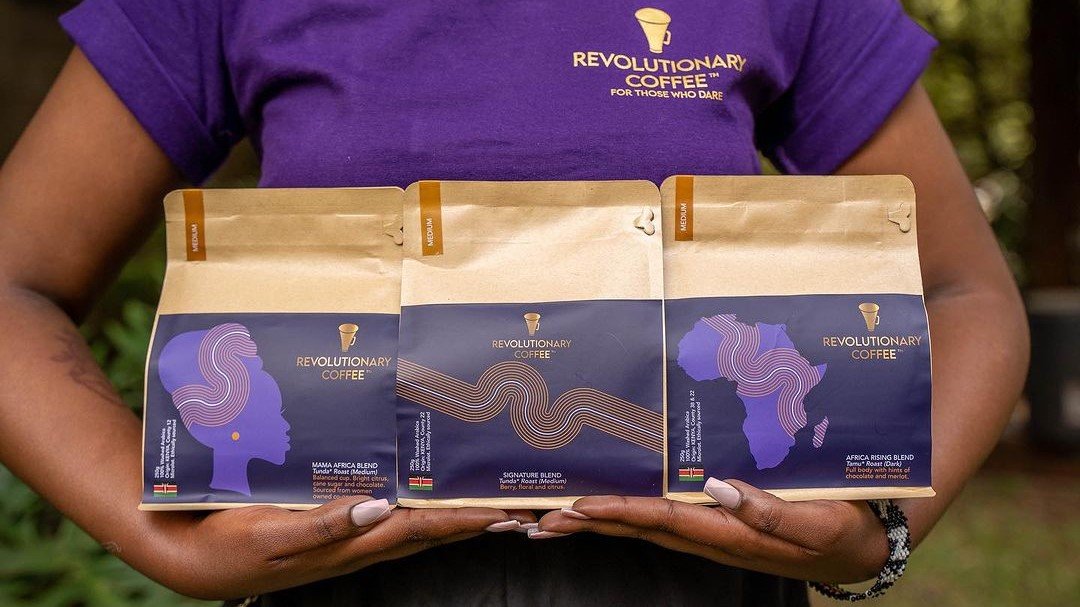
Oct 21, 2023 'Specialty Coffee Should be Enjoyed by Those Who Grow It': The Farmer's Daughter Joining Kenya's Coffee-drinking Revolution Oct 21, 2023 Oct 21, 2023
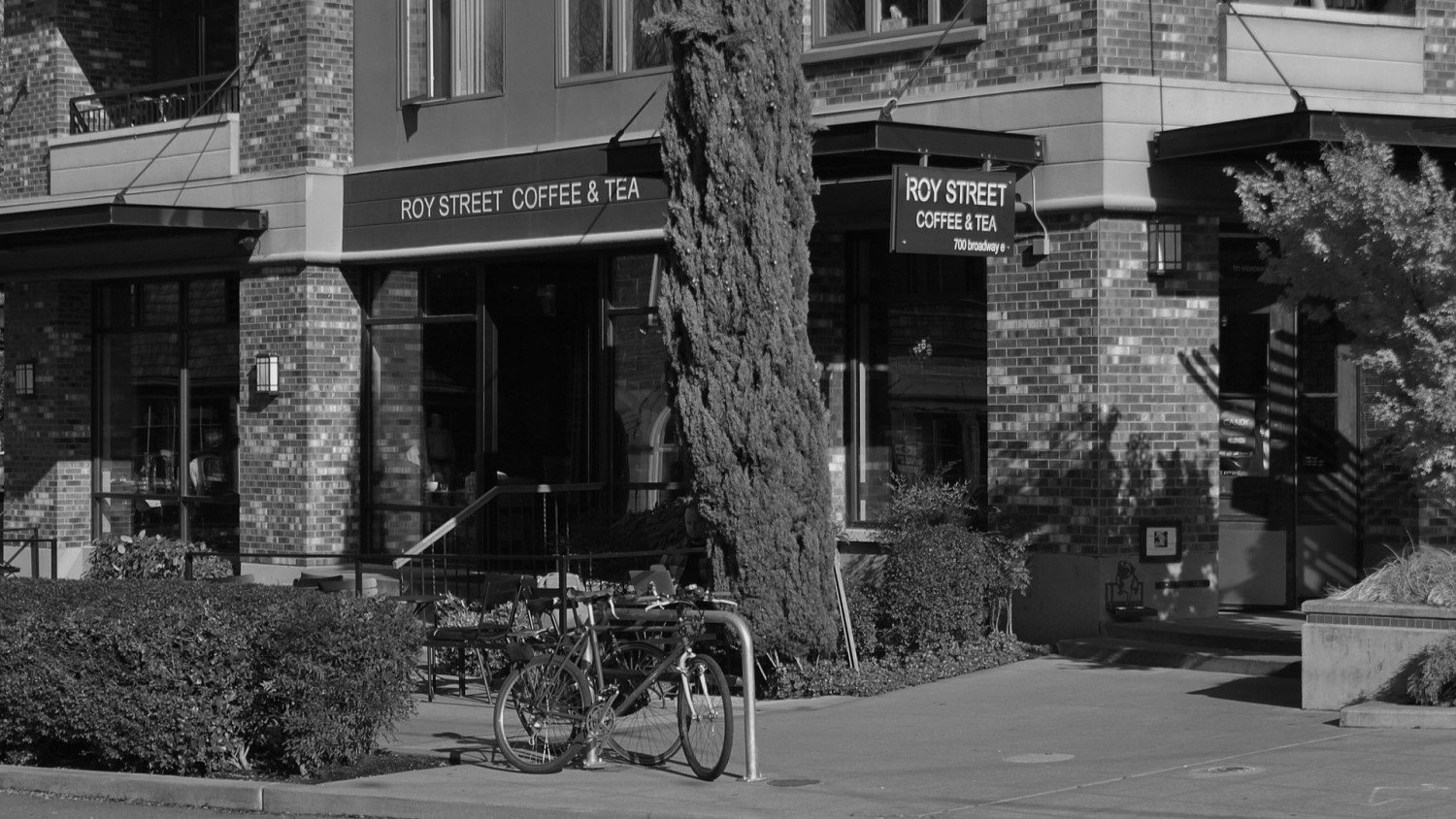
Oct 6, 2023 Stealth Starbucks: A Premonition of Modern Specialty Coffee Oct 6, 2023 Oct 6, 2023
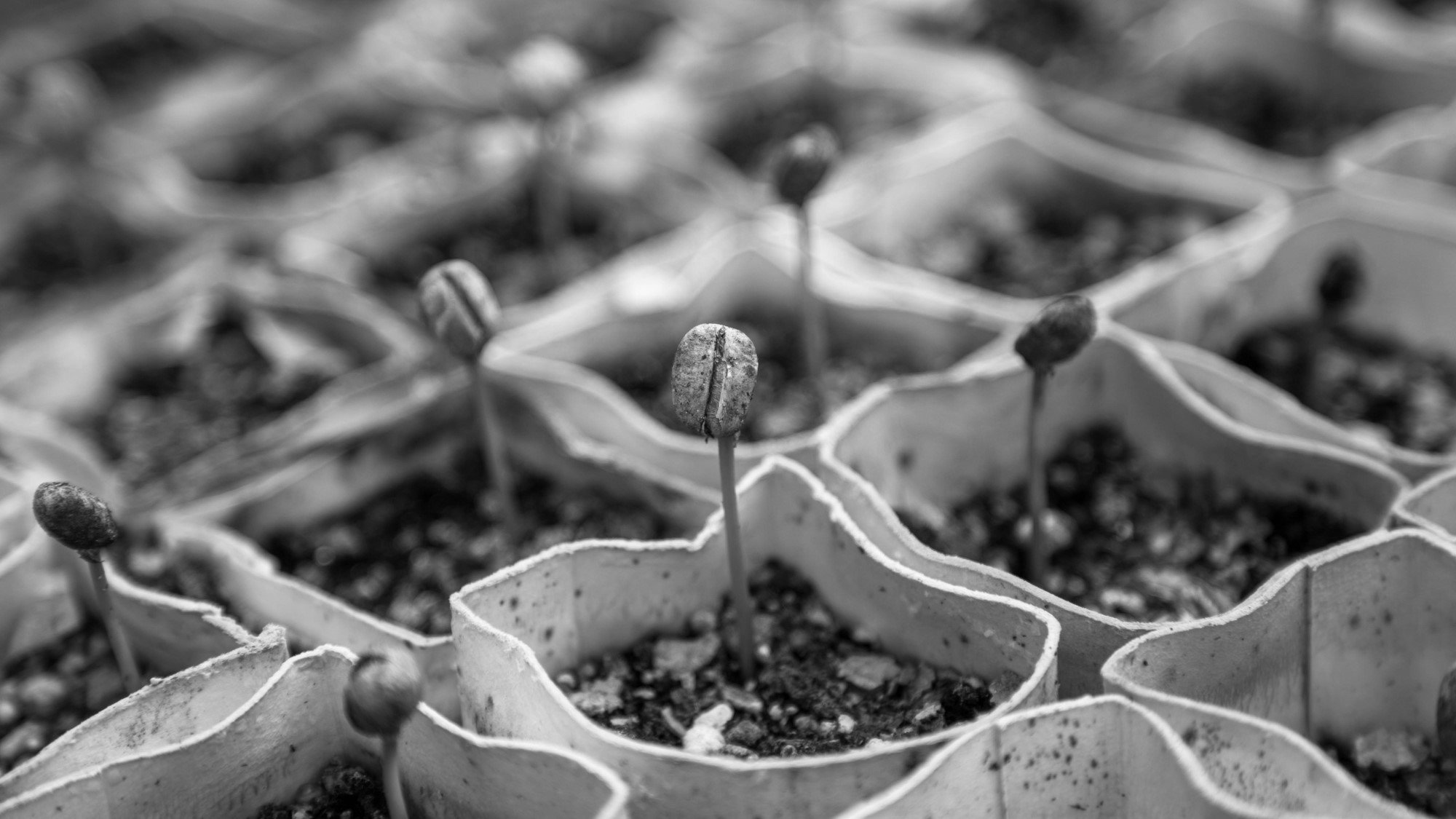
Sep 22, 2023 Can the Coffee Change Fund Save Coffee? Sep 22, 2023 Sep 22, 2023
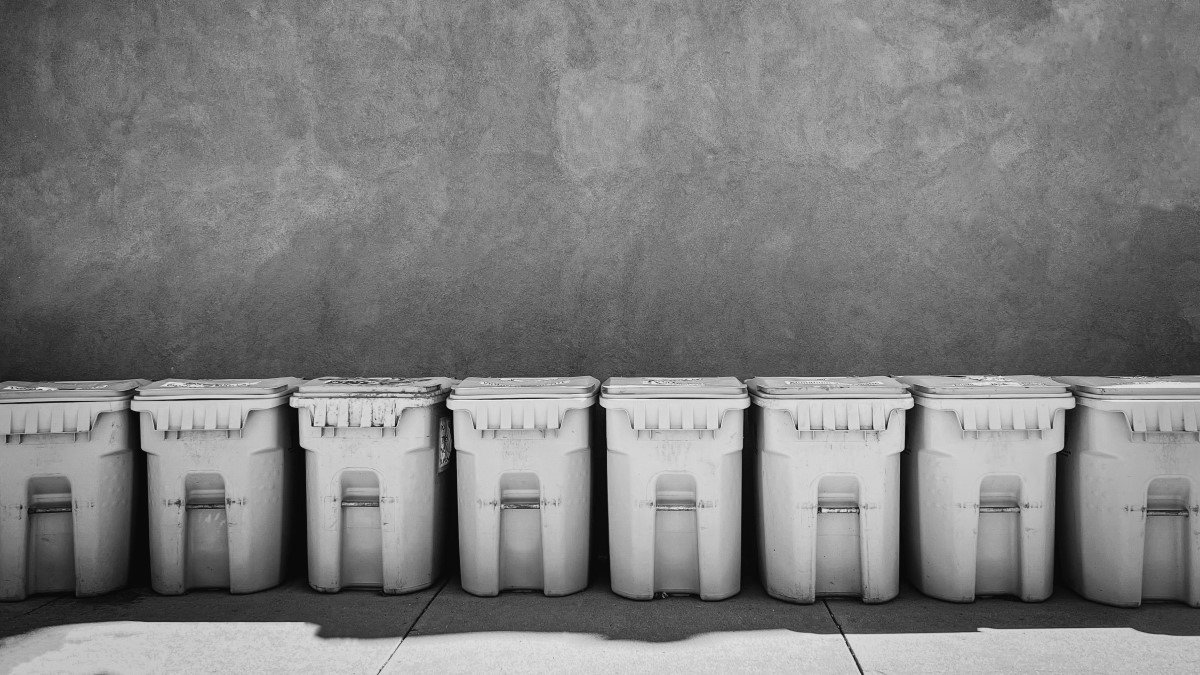
Sep 8, 2023 Upcycled Coffeewashing Sep 8, 2023 Sep 8, 2023
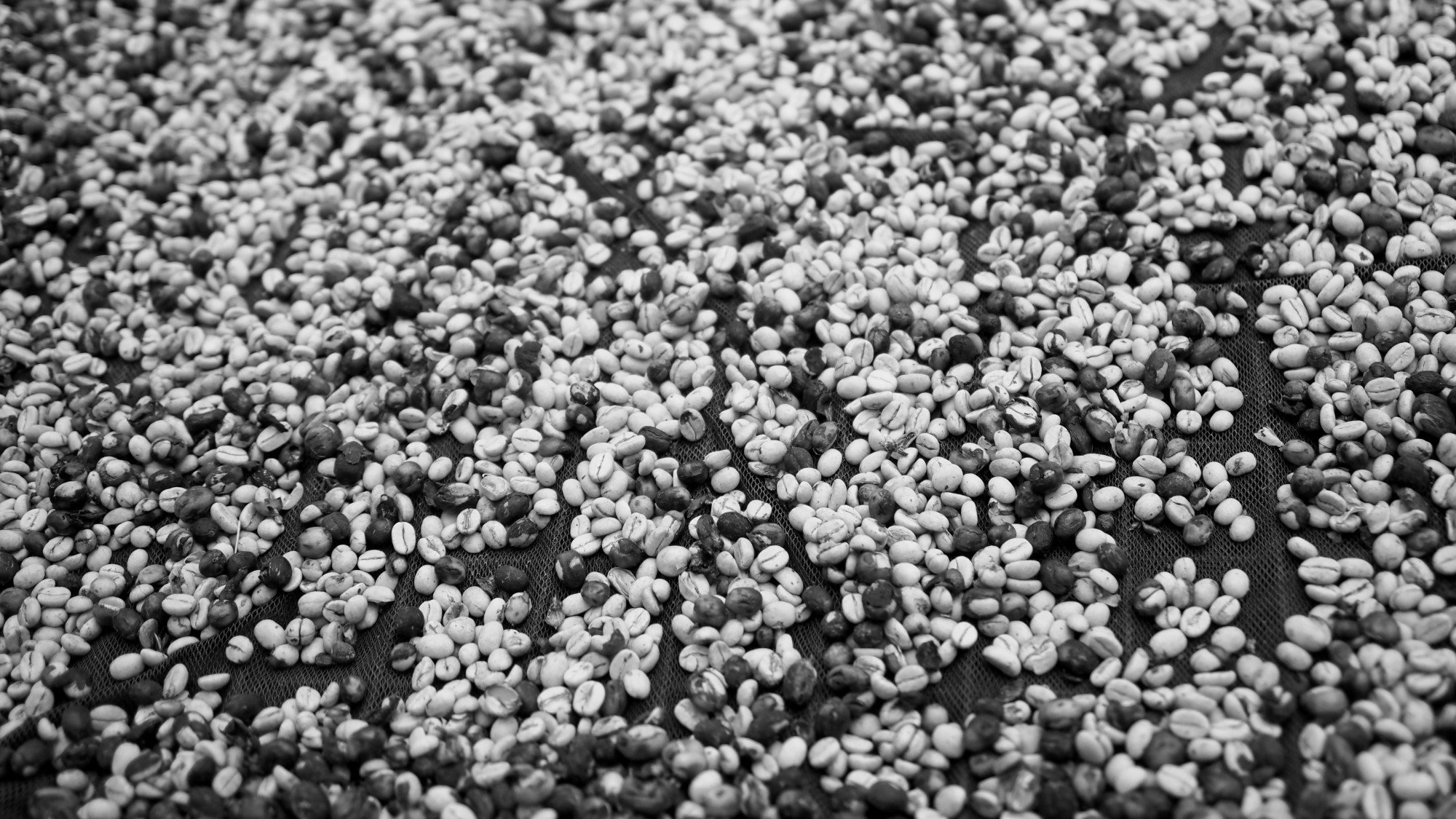
Aug 25, 2023 From A Concerned Farmer Aug 25, 2023 Aug 25, 2023

Aug 11, 2023 Philly is a (Coffee) Union Town Aug 11, 2023 Aug 11, 2023
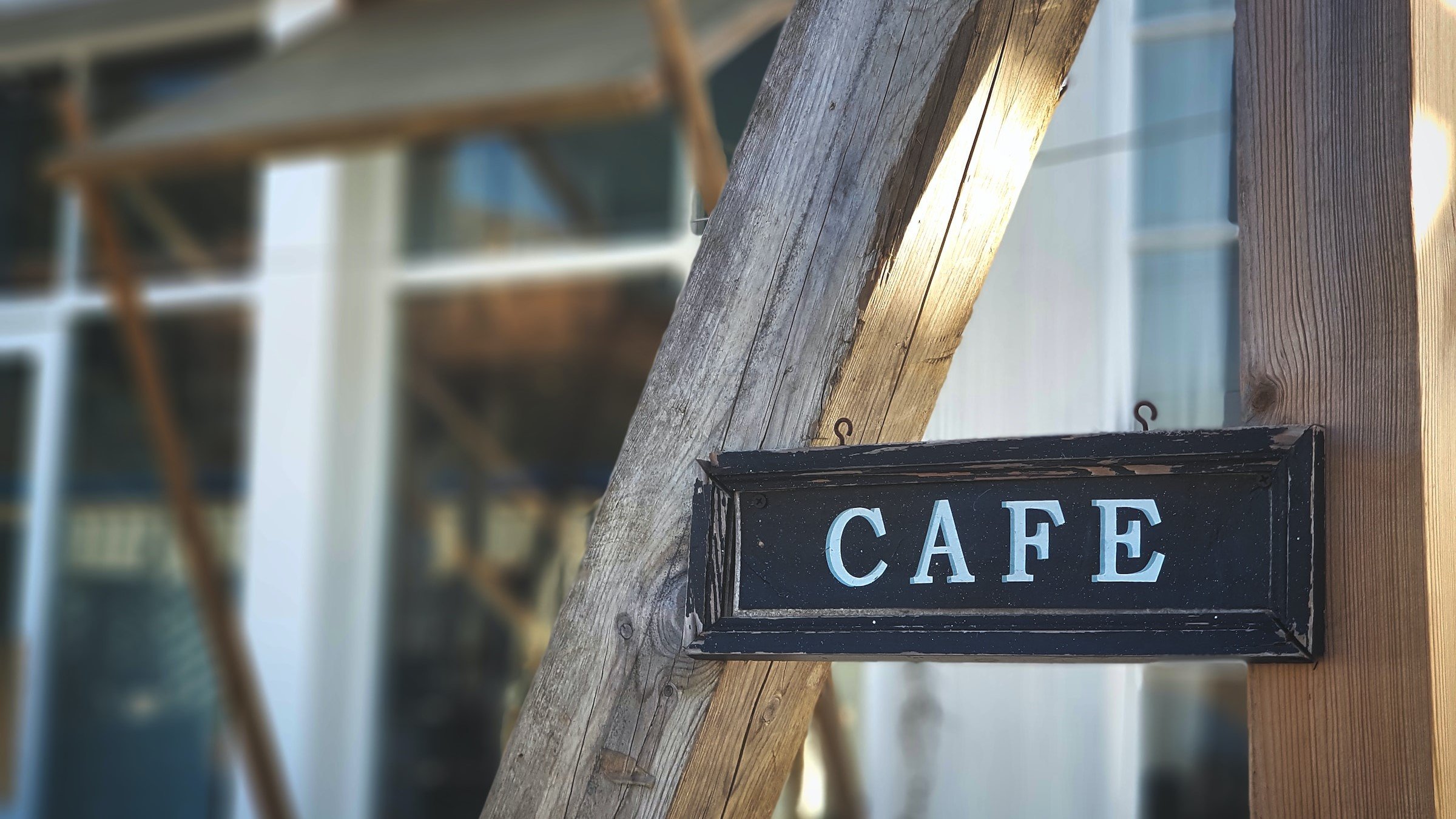
Jul 28, 2023 South Korea's Coffee Wars Jul 28, 2023 Jul 28, 2023

Jul 14, 2023 Camp Coffee, Colonialism, and the Evolution of a Brand Jul 14, 2023 Jul 14, 2023
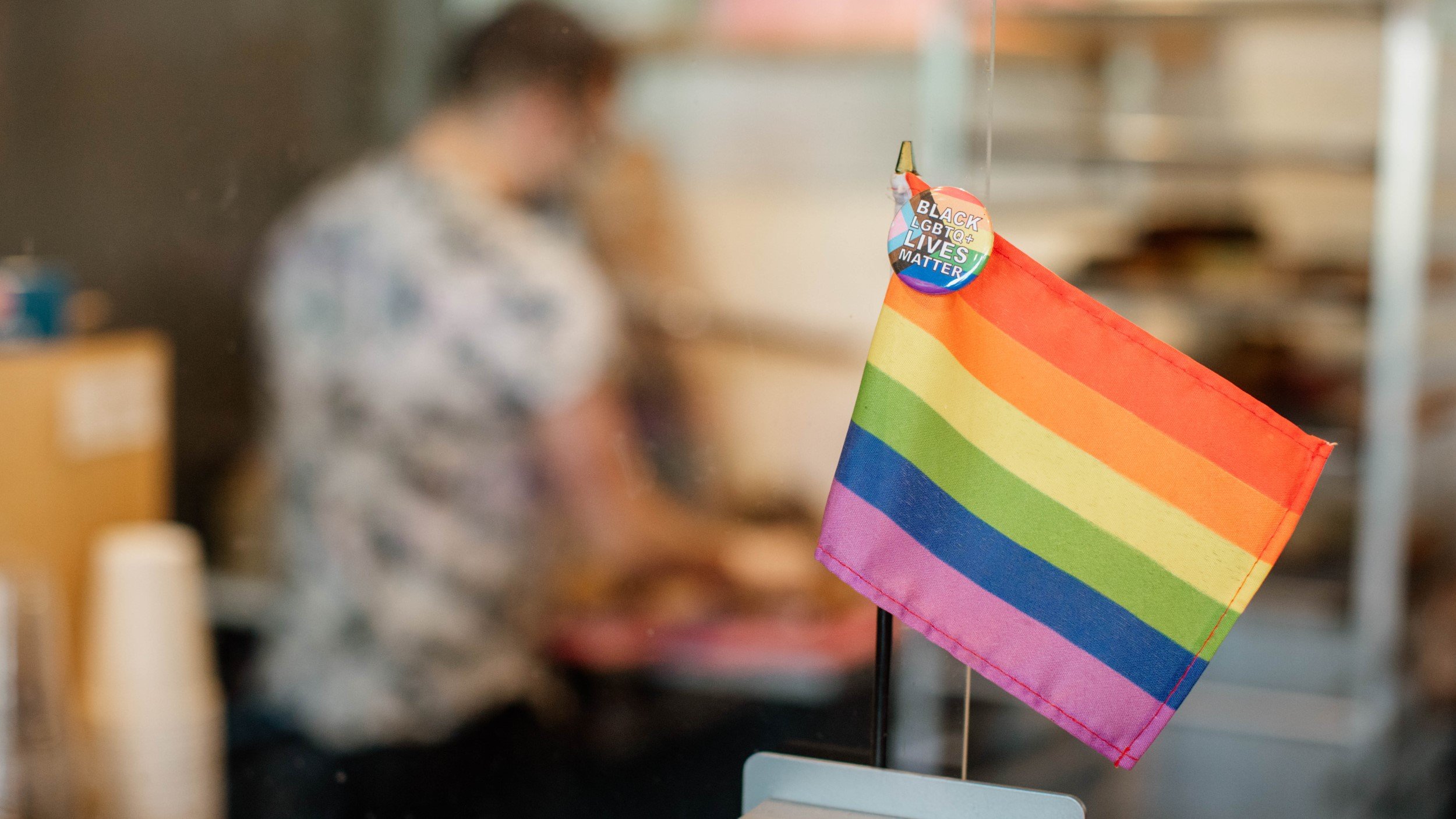
Jun 30, 2023 Defiance and Gay Frog Donuts: How Strange Matter Coffee is Navigating the Anti-LGBTQ+ Backlash Jun 30, 2023 Jun 30, 2023
A newsletter about coffee—its culture, politics, and how it connects to the wider world.